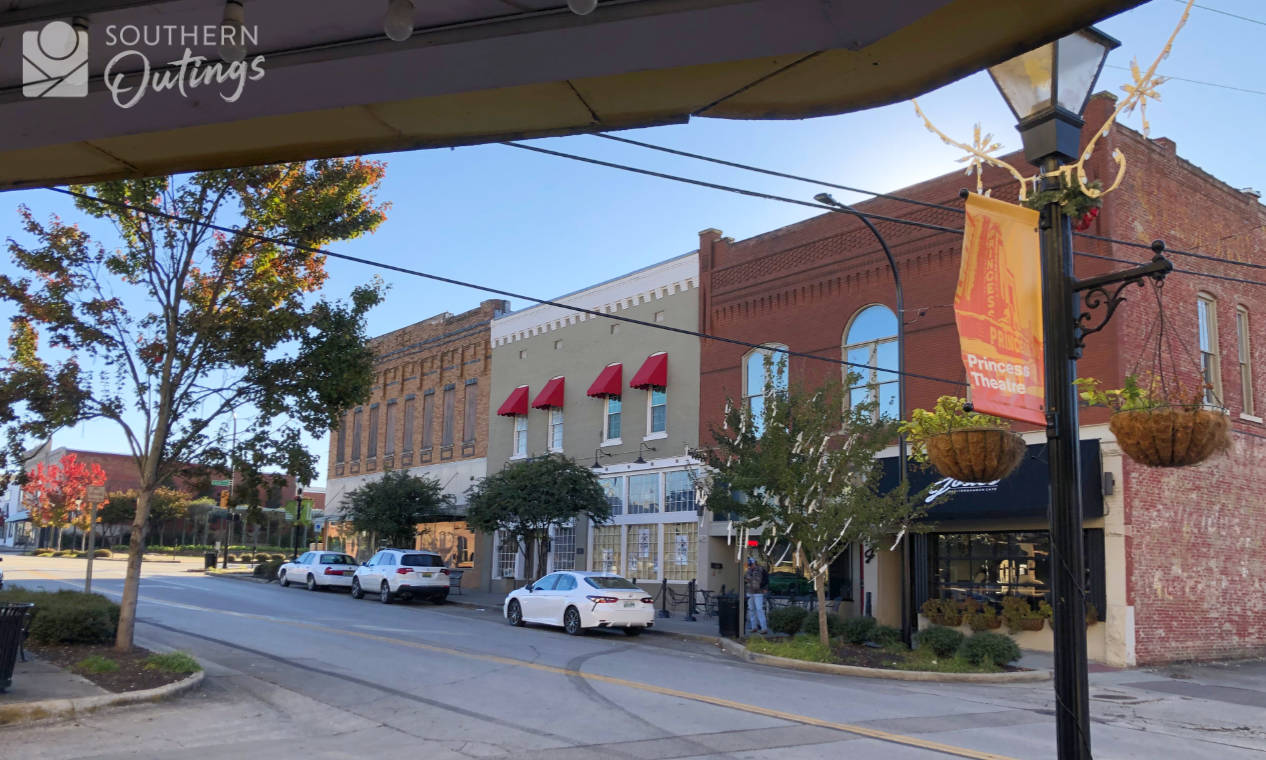BIRMINGHAM, Ala. — Despite a thriving job market and record-high wage growth, the commercial real estate market continues to be in limbo according to Senior Financial Policy Analyst of Commercial Real Estate at the Federal Reserve Bank of Atlanta, Brian Bailey.
“We have a healthy economy,” Bailey said during Wednesday’s Urban Land Institute (ULI) Alabama mid-year economic update. “If you think about that, that is one of the primary drivers of commercial real estate — economic activity. At the same point, we have mixed performance. When was the last time that you saw the likes of Office vacancy skyrocketing and retail and industrial vacancy that are at or very close to all-time lows?”
Bailey acknowledged there are plenty of factors that are contributing to commercial real estate’s struggles, one is remote work. According to the 2023 Survey of Business Uncertainty, more than 20% of businesses have modified their practices as a result of remote work. With fewer employees in the office, the report also noted companies opting for a lease of a year or less rose to 32.2% in 2021, more than doubling the total in 2019.
As a result, Bailey predicted a three to four-day workweek will become the new baseline compared to the five-day workweek.
“We’re hearing more and more anecdotes that employers are saying, ‘My workers are in the office more are performing are consistently performing better,'” Bailey said. “From that standpoint, I think we will see more folks moving back to the office. At the same point, I think flexibility is here to stay. So what is that new normal look like?”
With unemployment dropping to 3.6%, remote work isn’t the only thorn in the proverbial side of the industry. The meteoric rise of inflation over the past year has made lenders more cautious, causing more uncertainty within the market.
“A significant number of banks are reporting they’re tightening their underwriting standards,” Bailey said. “Certainly with some of the challenges that we’ve had recently, raising rates, some dynamics around illiquidity from that standpoint, not to mention sort of real estate issue, but we have lenders who are pulling back on their funding. The other thing is that there is a dynamic of softening asset values right now, and from that standpoint, we know that there are more maturities that are coming.”
Bailey said roughly $2 trillion in commercial real estate loans will mature over the next four or five years. Couple that with inflation plus decreasing occupancy rates in major cities across the country and an agonizing picture begins to form. However, Bailey cautioned against sounding any alarm bells noting that although offices and multifamily units are being hit hard, retail and industrial remain “resilient.”
“It’s not insurmountable,” Bailey said. “We’ve seen similar levels in the past. At the same point, we’re in an environment where lenders are pulling back, we’re an environment where on the horizon there are more maturities. We’re also in an environment where establishing asset values, i.e., what’s the property worth? It’s much, much more challenging. … We talked a little bit about slowing inflation. Certainly, we are headed in the right direction, and seeing in some of the areas that have been the sticky is beginning to show signs of positive rehab, bifurcation.”
###
ULI is the oldest and largest network of cross-disciplinary real estate and land use experts in the world. ULI is its members. Through our members’ dedication to the mission and their shared expertise, the Institute has been able to set standards of excellence in development practice. The mission of the Urban Land Institute: Shape the future of the built environment for transformative impact in communities worldwide.
The Federal Reserve Bank of Atlanta serves the Sixth Federal Reserve District, which encompasses Alabama, Florida, Georgia, and sections of Louisiana, Mississippi, and Tennessee. As part of the nation’s central banking system, the Atlanta Fed participates in setting national monetary policy, supervises numerous commercial banks, and provides a variety of financial services to depository institutions and the US government.
The Alabama Center for Real Estate (ACRE) is housed within The University of Alabama’s Culverhouse College of Business. ACRE’s vision is to be a valued resource that supports Alabama’s real estate industry and promotes economic and workforce development. The Center is organized to provide relevant resources in the areas of teaching, research, and service.





